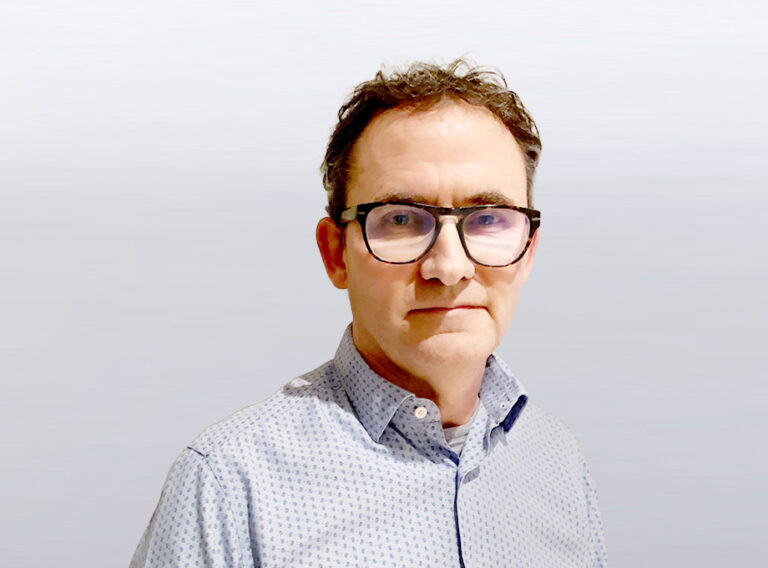The fight to retain employees and attract talent.
See our work
Scott Dust talks of the pandemic driving ‘The Great Resignation’, where employees have a newfound motivation to find meaningful work. The key stat: nearly 50% of employees are considering quitting their job.

Quite rightly the article highlights what business leaders should be doing about it, framed by 3 types of organisational commitment, with the focus on affective commitment where their actions will have most impact:
- Continuance commitment (because of compensation)
- Affective commitment (because of emotional attachment to the people, culture or work itself)
- Normative commitment (social perceptions of what is right and wrong related to employment)
The article then goes on to emphasise the laser focus leaders must have on employee health and well-being. This is absolutely right, however it needs to be integral to a bigger step forward, with an emphasis on how work can be made meaningful for people.
The ‘Potentuel’ methodology and thinking allows this by introducing a 4th type of organisational commitment. Let’s call it Destination commitment.
Research shows there is pent up demand and willingness from people to be a part of where the company is going. By being excluded great ideas, innovation and customer facing front-line experience are being wasted. By putting people in the driving seat their full potential can be unlocked, the potential of their business as well. This will also provide the meaningful work they seek.
Covid has made a profound difference to employees’ views of what their business does, how they work and their relationship with their colleagues and ‘leadership’ team. Their view of the value of their work and what matters to them has changed, and that is also true of our customers. This change shouldn’t be suppressed or ignored, but positively grasped and encouraged.
Talented people expect to influence more than just where or how they work. They want to actively contribute to the mission, vision, innovation and commercial success of their enterprise. Unlocking this potential in a business-like way needs to be the priority, while ensuring that the newly empowered people understand their responsibilities and the business priorities.
To do this people need to have the trust to express their ideas, criticisms and feelings openly and safely without judgement. In return they will also have the maturity to grasp this new responsibility enthusiastically and seriously – and reciprocate with their everyday deeds and how they work with customers.
Crucially they will also be more likely to bring their discretionary energy to the enterprise and want to stay.
5 essential ingredients of a Destination commitment:
- A leadership that wants to listen and is prepared to change. They want to know – good and bad – how their people feel and what they think. They are keen to prioritise and enact their new ideas. They recognise that the people best positioned to rethink the current business are those closest to the processes and experiences that most need improvement.
- They are ready to adopt a strategic response to covid and the business challenges of today, recognising that employees and customers have new expectations. Need to negotiate the opportunities and pitfalls of this new world.
- They want to combine forces with talent to revisit and create a new meaningful business purpose, vision, and mission. More than the usual ‘word-crafting’, a crystal-clear north star and direction of travel, backed by shared operational plans and metrics, and everyday deeds. A universally successful destination.
- Potentuel methodology: a strategic programme with three inter-connected workstreams, starting with people engagement which powers a new improved service culture and in turn customer leadership. All three are developed concurrently and feed into the pursuit of the ultimate prize – a universally successful destination for everyone.
- A business like and pragmatic framework to unlock this potential bespoke to the business and market context. Processes and workstreams aligned to a financial year to ultimately develop the universally successful destination, with no daylight between the business plan, objectives, mission, vision, and the people plan of the organisation.
